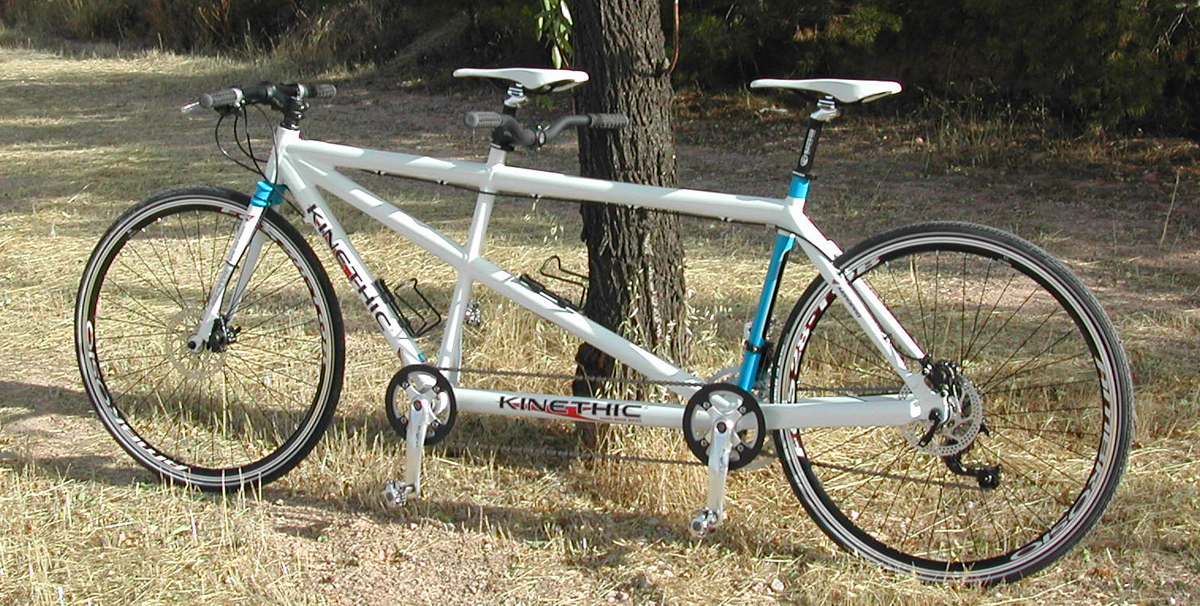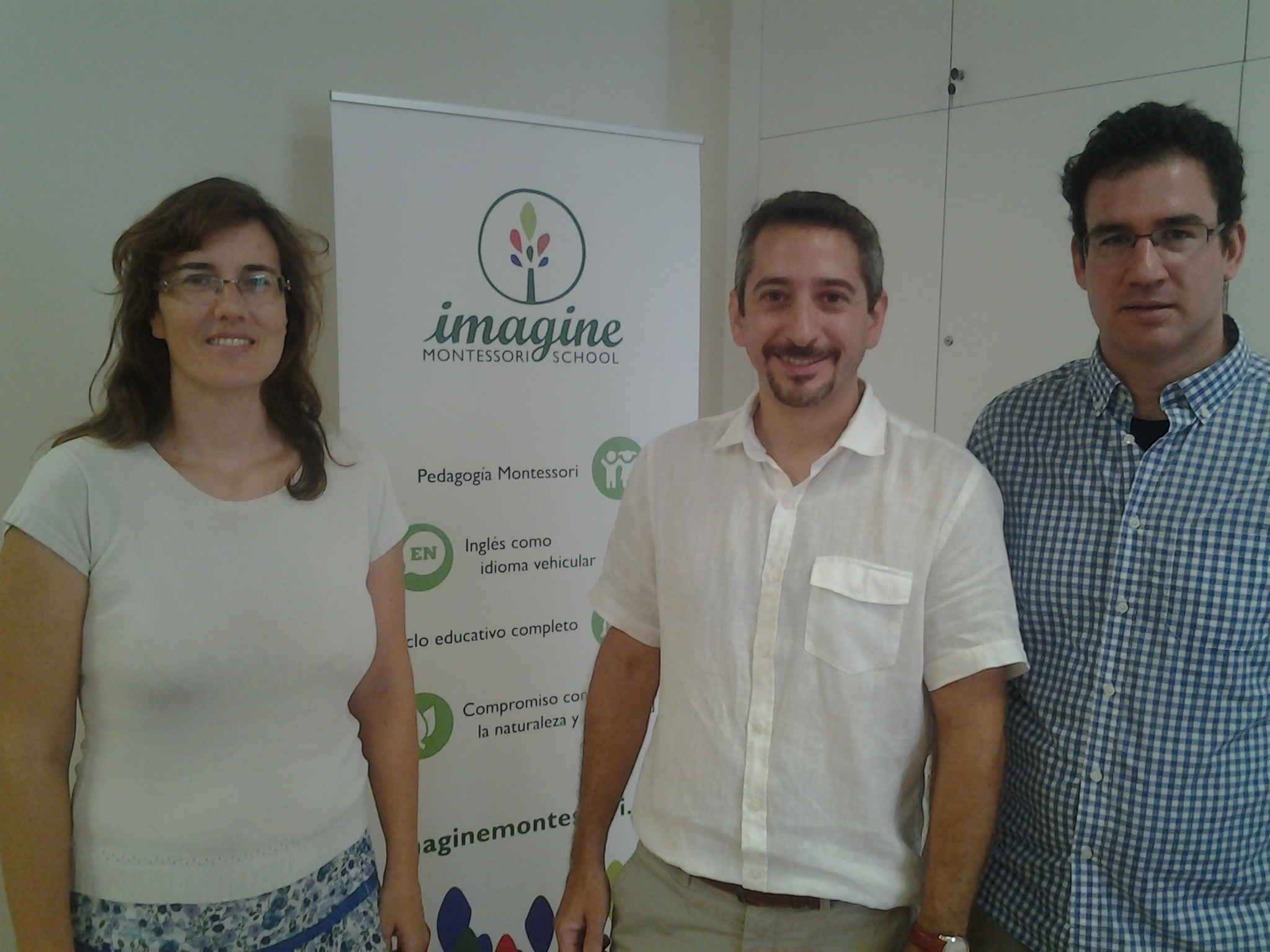The Castellón Wine Renaissance: Gabriel Mayo
While the bureaucrats in Brussels seem to be determined to destroy the Spanish economy, Spanish creativity is fighting back; from the vineyards of Castellón among other places.
In 1957 seven people in the village of Vilafamés in Castellón province founded a cooperative in order to sell their wines and other products.
Among them was Juan Ramón Garcia, whose grandson Gabriel Mayo is one of the young winemakers in the area who are endeavouring today to bring about a resurgence of the golden days before 1982, when local producers were obliged by law to uproot their hybrid vines, known as ‘Señorito’ and ‘Macameu’; a decision which seriously damaged the agrarian economy of villages such as Cabanes, Vilafamés, Vall d´ Alba, Benlloch, and Les Useres.
There are various local legends as to why the authorities took this decision; local producers claim that they were told that their grapes were toxic and could cause cancer, although many believe that their prosperous economy was sacrificed in order to favour the emerging La Rioja region.
It seems that the decision in fact was part of a series of sacrifices made by Spanish farmers in order to clear away the impediments to joining the Common Market, or EU as it is now affectionately known, which probably means that it was pressure from the French government that was the main cause, before they learned the complex technology of burning Spanish lorries.
Gabriel Mayo’s grandparents were among those that lost their living as a result of this measure, and they only managed to stay in the area by finding work on a local golf course.
 His grandfather also spent three years in France working with French vines and then passed on to Gabriel all that he learnt there, although Gabriel also learnt a lot in an Utiel/Requena school studying eonology.
His grandfather also spent three years in France working with French vines and then passed on to Gabriel all that he learnt there, although Gabriel also learnt a lot in an Utiel/Requena school studying eonology.
Fortunately, thanks to the initiatives of a group of young enthusiasts, the vines of Castellón are once again flourishing in the area around Vilafames, with its famous contemporary arts museum, and, according to Gabriel, the region now produces 10 million litres of wine a year.
His five hectares, scattered around different parts of the Pla de Vilafames valley, produce 30,000 kilos of grapes, from which he makes 23,000 litres of white, rosé and red wines in a curious cellar apparently blown out of the mountainside with dynamite, creating a perfect atmosphere for the creation and storage of his wines, which come from Cabernet, Shiraz and Merlot grapes.
Gabriel started his project in 2003, despite the fact that everybody told him he was mad, and he now runs a successful vineyard with rural accomodation as part of the newly established local wine route.
Of course it might also be true that Gabriel’s neighbours think he’s mad because his musician friend Manolo Bernat plays classical music to his vines, although having tasted his rich full bodied ‘Magnanimus’ vintage, my own verdict is: ‘bring on the orchestra!’
Gabriel recalls that, despite having always believed at school that learning Latin was a waste of time, he is now finding a use for it in labelling his best achievement to date.
The whole process of bottling and labelling is done in the old fashioned way, with the hands, enjoying the natural ventilation of the caves under the mountain that connect to his cellar.
 The EU appears to have decided that its main task is that of an angry debt collector, forgetting the imposed sacrifices of the past, and anyway, if, as governments and the EU (or Germany if you prefer) are always telling us, we shouldn’t live beyond our means; shouldn’t that include being able to grow our own food and produce our own wine?
The EU appears to have decided that its main task is that of an angry debt collector, forgetting the imposed sacrifices of the past, and anyway, if, as governments and the EU (or Germany if you prefer) are always telling us, we shouldn’t live beyond our means; shouldn’t that include being able to grow our own food and produce our own wine?
And speaking of German intervention, if that is still allowed, Gabriel recently discovered that his vineyards are growing on what used to be a Republican and later German Condor Legion airfield during the Spanish Civil War, and has discovered and is attempting to bring to light some of the airfield buildings, while compiling documents and testimonies from people who worked there during the war as part of the additional historical attraction of the wine route. The airfield, just one more imposition, was built following the expropriation of 171 agrarian properties.
The German connection has also come full circle as Gabriel’s first exported bottles of wine were recently shipped to Germany thanks to a local German/Slovakian company that manufactures the wings for wind farms.
Recognition is starting to arrive to with an award from the Barceló Hotel Group, which certified Gabriel Mayo as one of the 50 best wine producers in Spain.
He is also beginning to receive visits; about 800 in 2012, as his reputation, and that of the area, grows.
And history also came around full circle when among the visitors recently was the grand daughter of a Russian pilot trainer from the Civil War.
Ever restless, and perhaps a little mad, Gabriel has also launched the project ‘Cataminarios de autor’ together with Pascual Benet, a psychologist and coach, to combine conferences and wine tastings.
Pascual, who lived in Poland for five years, is a habitual collaborator of Ivaspe (Instituto Valenciano de Seguridad Pública y Emergencias) and the Castellón Chamber of Commerce among others, and has a Master’s degree from the European Foundation of Psychology.













Recent Comments